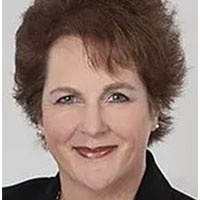Winter Haven Estate Planning Lawyer, Florida
Sponsored Law Firm
-
 x
x

Click For More Info:
-
McCullough Law
4926 Indian Deer Rd Windermere, FL 34786» view mapEstate Law 38 Years of Affordable Legal Service
Affordably protects the legal rights of individuals and families. When justice matters, so does the compassion and experience of your Lawyer.
800-748-9081
Includes: Gift Taxation
Denise Rayna Tessier
✓ VERIFIEDEstate, Estate Planning, Trusts, Wills & Probate, Medicare & Medicaid
Denise Tessier has been a lawyer for over 25 years, admitted in Massachusetts and Connecticut. For many years, Denise served diligently as in-house co... (more)
Cynthia Crofoot Rignanese
Commercial Real Estate, Estate Planning, Business & Trade, Corporate
Status: In Good Standing Licensed: 34 Years
Mark Gilbert Turner
Commercial Real Estate, Real Estate, Estate Planning, Business
Status: In Good Standing
Robert John Stambaugh
Commercial Real Estate, Federal Appellate Practice, Estate Planning, Business
Status: In Good Standing
James T. Joiner
Medicare & Medicaid, Estate Planning, Adoption, Administrative Law
Status: In Good Standing
Craig M Spanjers
Commercial Real Estate, Real Estate, Estate Planning, Accident & Injury
Status: In Good Standing Licensed: 48 Years
Cheri Johnson Wright
Commercial Real Estate, Real Estate, Government, Estate Planning
Status: In Good Standing Licensed: 41 Years
 Tim McCullough Windermere, FL
Tim McCullough Windermere, FL Practice AreasExpertise
Practice AreasExpertise

